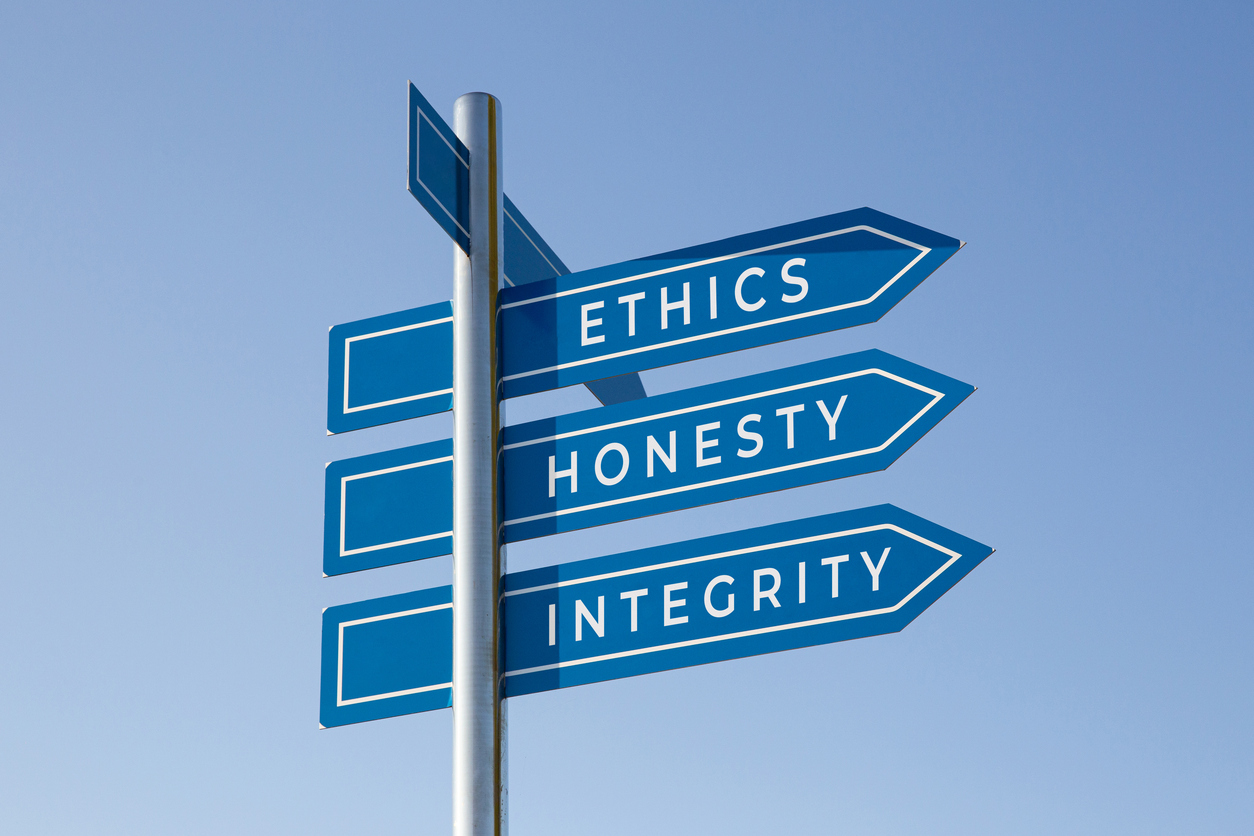
Written by
Drew Gieseke
Drew Gieseke is an aPHR®-certified marketing professional who writes about HR, compliance, and healthcare solutions.
COVID-19: Can Employers Require Employees to Get a Vaccine?

As the end of the year nears, there’s more and more hope that a coronavirus vaccine may be available by early November. For offices looking to safely reopen, some employers and HR professionals may wonder whether or not they can require workers to participate in mandatory vaccinations. Is it legal, and what can employers do to safely reopen?
When Will a Vaccine Be Ready?
The New York Times reported on Sept. 2, 2020, that the CDC issued a letter to states to prepare for a COVID-19 vaccine by early November 2020. However, there is some debate on mass availability.
The CDC notified public health officials that if the vaccine continues to progress as expected, it would first be available to healthcare workers and high-risk groups. Meanwhile, a CNBC story reported that the federal government plans to have tens of millions of vaccine doses distributed by the end of 2020.
Can Employers Require Employees to Get a COVID-19 Vaccine?
Yes, employers will probably be able to require workers to get a COVID-19 vaccine, though there are exceptions.
According to an article published by The National Law Review, private employers “likely have the legal right to require employees to obtain a COVID vaccine as a condition of employment.” As the authors point out, employers in high-risk industries have required workers to obtain annual flu vaccines for decades.
With that in mind, there are certain labor and civil rights laws that certain organizations must comply with regarding vaccinations. For example, given the existing protections afforded by ADA and Civil Rights Act legislation, an employee may be exempt from otherwise-mandatory vaccines.
The same National Law Review article points out additional exceptions and/or accommodations, which include:
- Employees in high-risk categories who may suffer adverse effects from a vaccine (at the advice of their primary care physician, until complications are better understood).
- Younger employees who are healthy and do not require a vaccine for their own health (at the advice of their primary care physician).
- Religious exemptions, if the accommodation imposes a minimal burden on the business.
Ultimately, every employer must determine whether to implement a mandatory COVID-19 vaccine policy for their team. In some cases—such as worksites where employees can safely socially distance during regular work duties—it may be more productive to encourage vaccination but not require it.
What Other Factors Should Employers Consider?
Mandatory vaccinations as a condition of employment may seem simple in concept, but several different pitfalls are present. Questions HR should consider include:
- What About Liability Issues? USA Today cites a Gallup poll that reports “1 in 3 Americans say they wouldn’t get a COVID-19 vaccine today even if it were free and approved by the Food and Drug Administration.” The main reason? Fears that a hastily produced vaccine may be more dangerous than being unvaccinated. If you require employees to take a vaccine and they become very ill, you could be held liable.
- How Will You Authenticate Results? Will employees be required to present their vaccination information before rejoining their teammates at the office?
- How Will You Collect Results? Do you have the appropriate digital infrastructure in place to manage confidential employee records?
- Will You Pay for the Vaccine? The federal government and private insurers may subsidize the cost of the vaccine, but if not, will you decide to cover the remaining costs? Doing so could boost vaccination rates.
- What About Remote Workers? Consider implementing a mandatory policy only if employees elect to work from the office.
- How Long Will You Keep Safety Protocols in Place? The coronavirus may not be completely eradicated for some time. If members of your team elect to not receive vaccinations—or if you do not require them—how long will you keep social distancing and mask policies in effect?
Employers should consider each of these and other factors when preparing for a vaccine to arrive this fall. For more coronavirus-related news, updates, and compliance guidance, go to blog.bernieportal.com.

Written by
Drew Gieseke
Drew Gieseke is an aPHR®-certified marketing professional who writes about HR, compliance, and healthcare solutions.
Related Posts
Yes, you can use a health savings account, or HSA, for cosmetic surgery, but only in...
According to the KPMG 2023 CEO Outlook, 64% of business leaders believe there will be a...
Thomas J. Peters, best known for his book In Search of Excellence, once stated, “The day...
According to the Ethics and Compliance Initiative’s (ECI) 2023 Global Business Ethics...






Submit a Comment